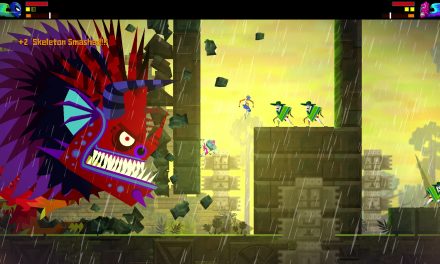by Jennifer Lorbeski
YourPace Student Contributor
The road to higher learning and the workforce look different from one individual to another.
It’s completely normal not to have your life’s purpose figured out right after high school. The pressure to have a clear plan can be overwhelming, but it’s okay to take your time and explore your options.
More and more students are embracing non-traditional paths, such as taking gap years or starting college later. This shift in perspective is opening up a world of unique life journeys and diverse forms of success.
Kristin Lorbeski has a master’s degree in education and is a national board certified teacher with twenty-three years of teaching experience.
Lorbeski spoke about her upbringing.
“My mom graduated high school, and my dad got a two-year degree,” she said. “My parents always wanted me and my siblings to do well in school, but they never pushed us to go to college.”
Lorbeski said that she “always wanted” to go to college.
“I loved school, and the careers I was interested in required going to college,” she said. “Also, all of my friends were also going to college.”
She noted that she first attended college and received her bachelor’s degree in communications. Still, when her journey ended, she knew that it wasn’t the career field she desired. She worked with Central Maine Power, assisting with technical writing and training. After getting married and having four children, she decided it was time to return to school.
“I saw my opportunity, and I took it. The University of Southern Maine (USM) had the Extended Teacher Education Program (ETEP), and teaching was always one of the careers I was interested in.”
According to the USM website, the Extended Teacher Education Program prepares graduates for initial teacher certification in either Elementary (K-6 ) or Secondary (6-12 ) education and leads to a master of science in education. The college offers a 10-month or two-year program to teacher certification.
Since completing her master’s degree in 2001, Lorbeski has taught in the classroom for the last 23 years. In 2019, her district offered to pay for any teacher interested in enrolling in the National Board Certification Program. This extremely rigorous program has become one of the most significant accomplishments for teachers.
Lorbeski pursued certification.
“I have always loved learning,” she said, “and since my district was going to pay for it, I thought, ‘Why not?’ There’s also a stipend for teachers who get their certification, and the district advertises it to show the prestige of their teachers.”
Looking back, Lorbeski said she “wouldn’t change anything” about her educational journey.
“After I took a break and went back, I feel like I appreciated it more,” she said. “And I worked harder.”
Kristin Lorbeski (photo by Jennifer Lorbeski)



